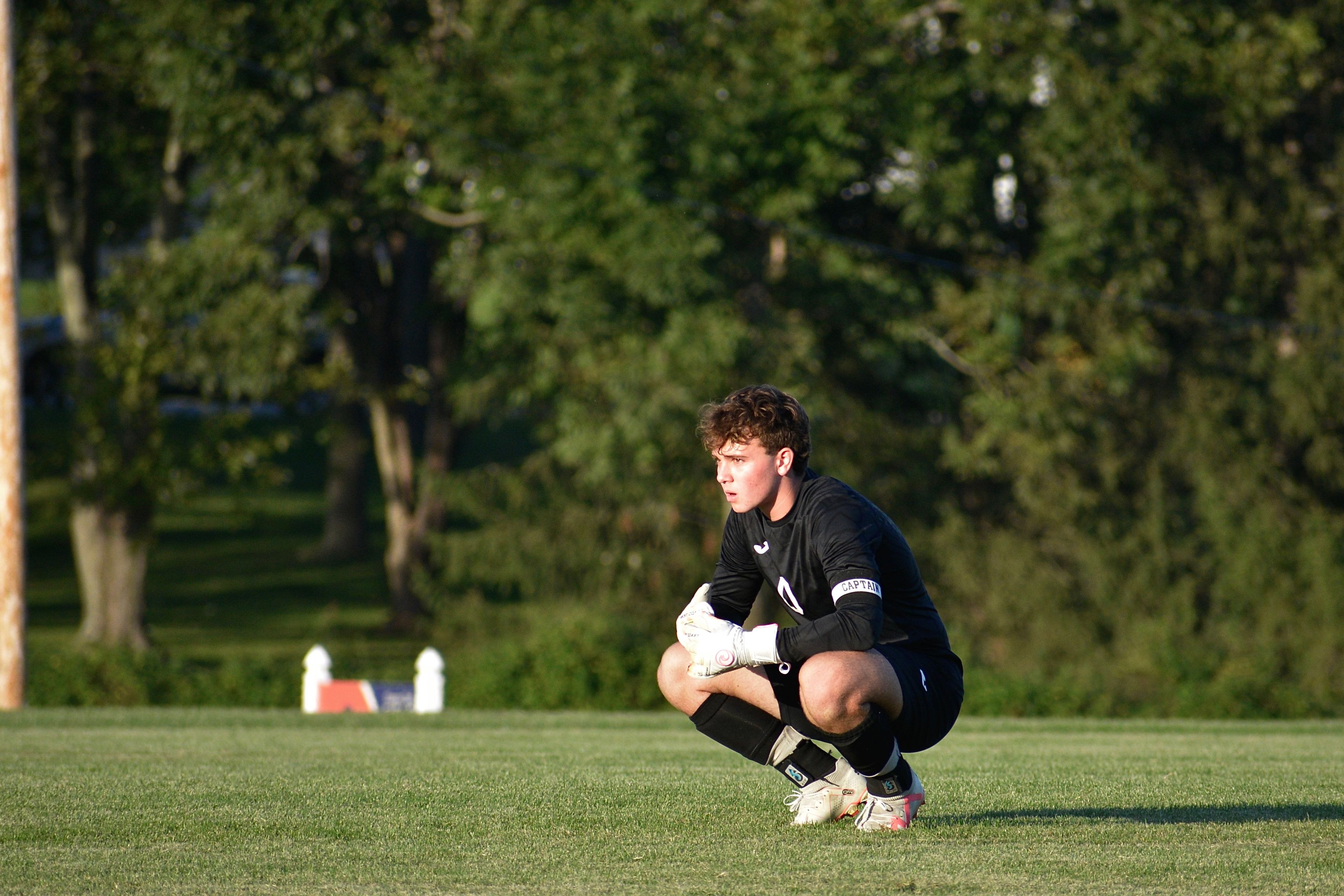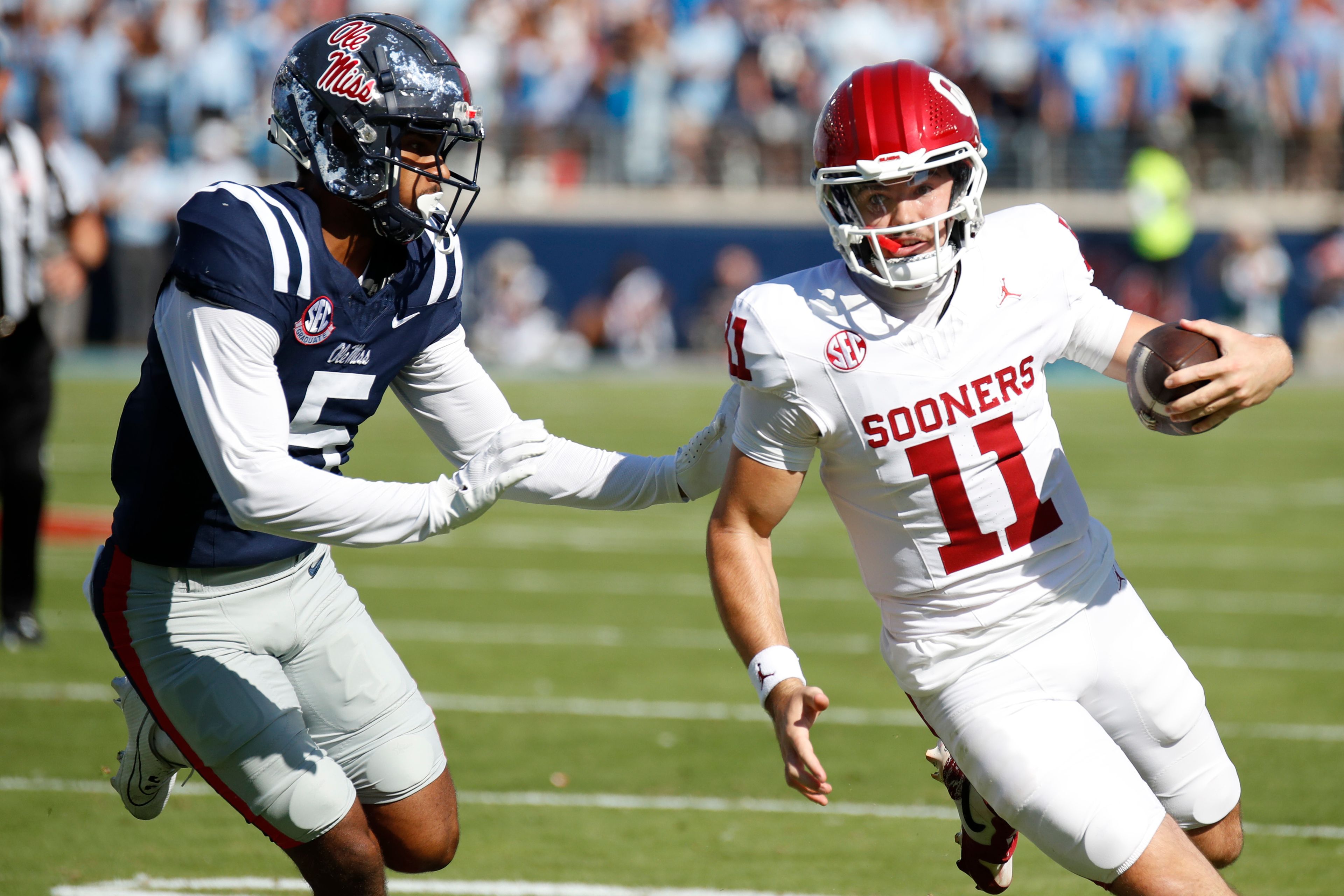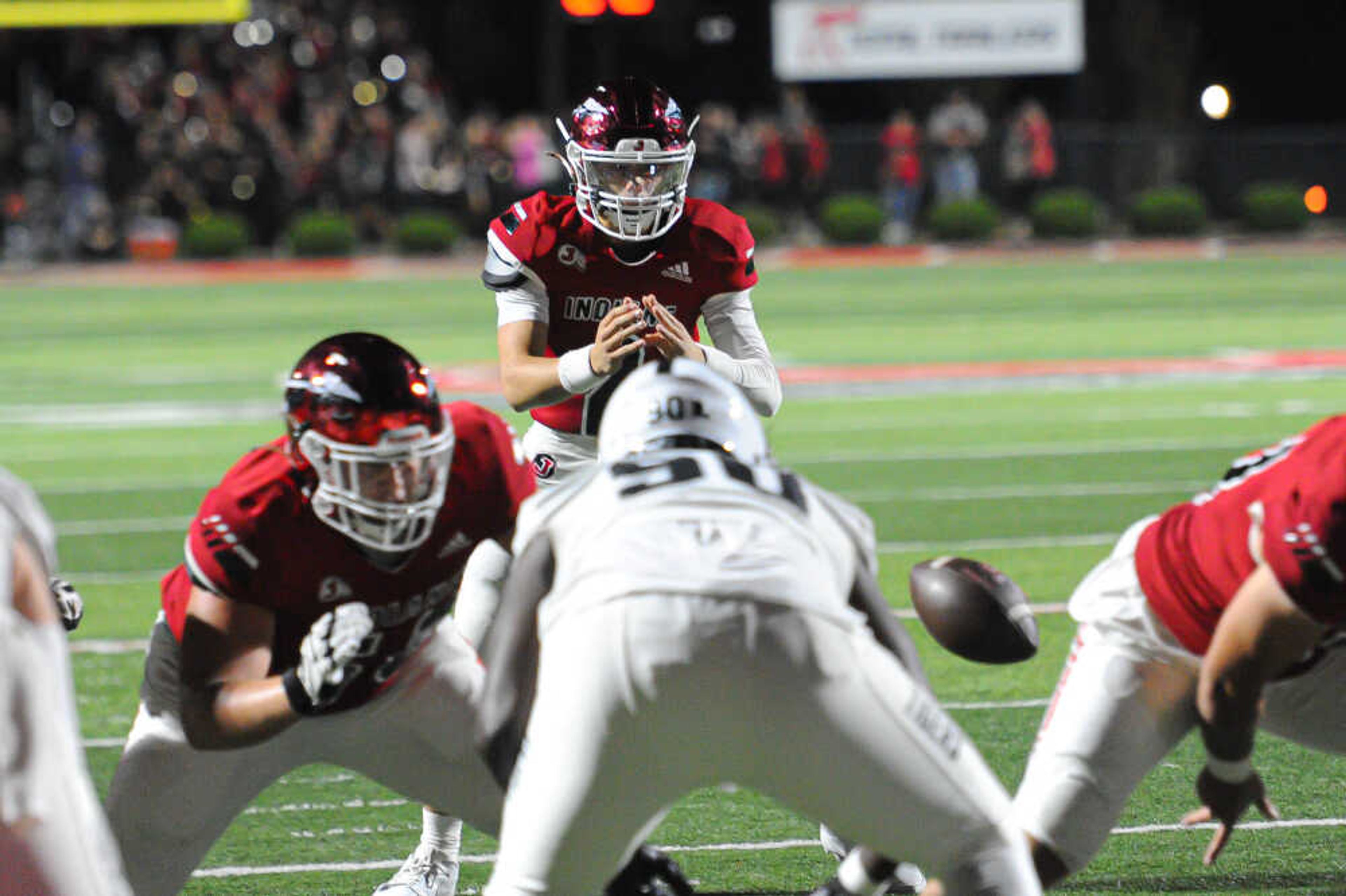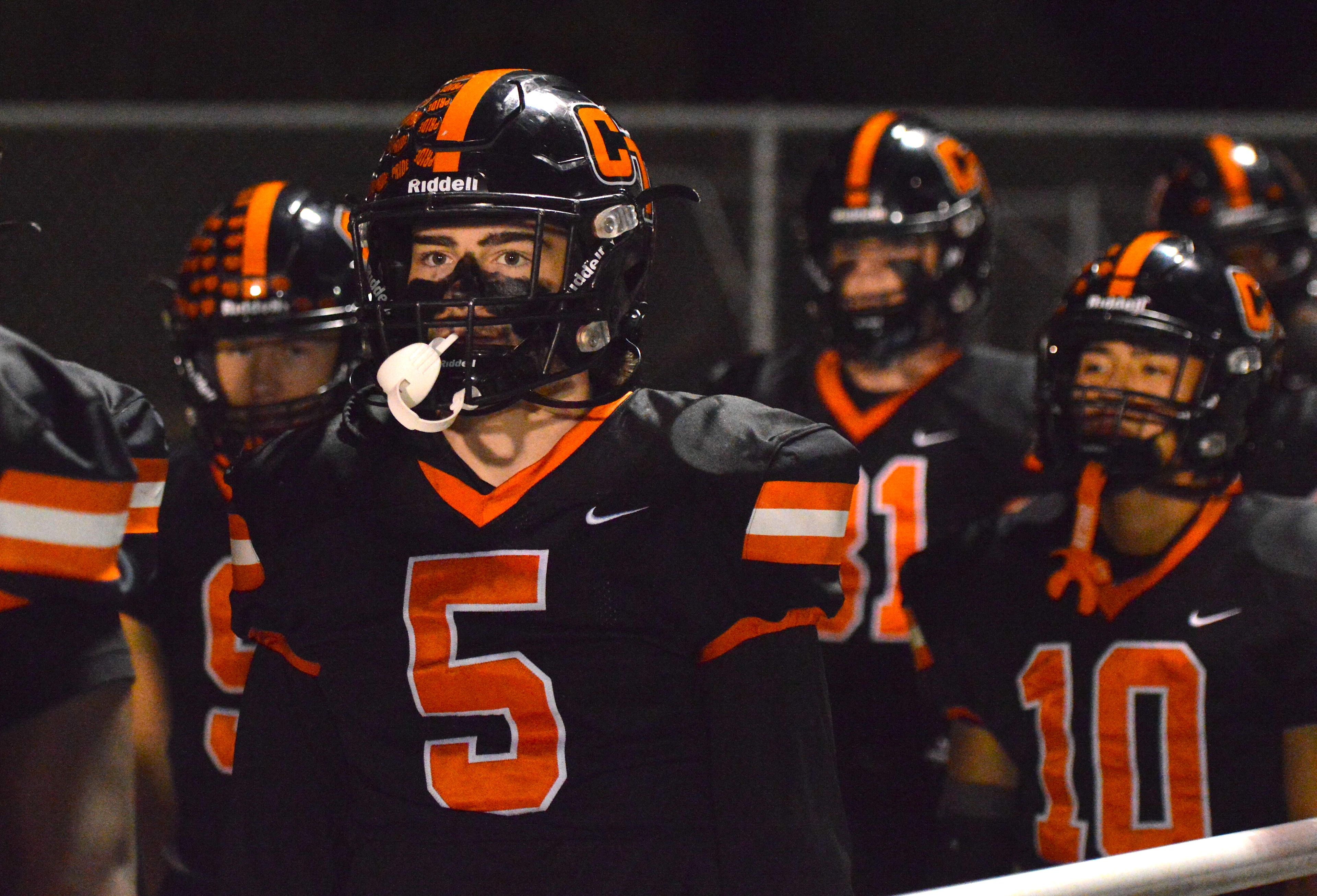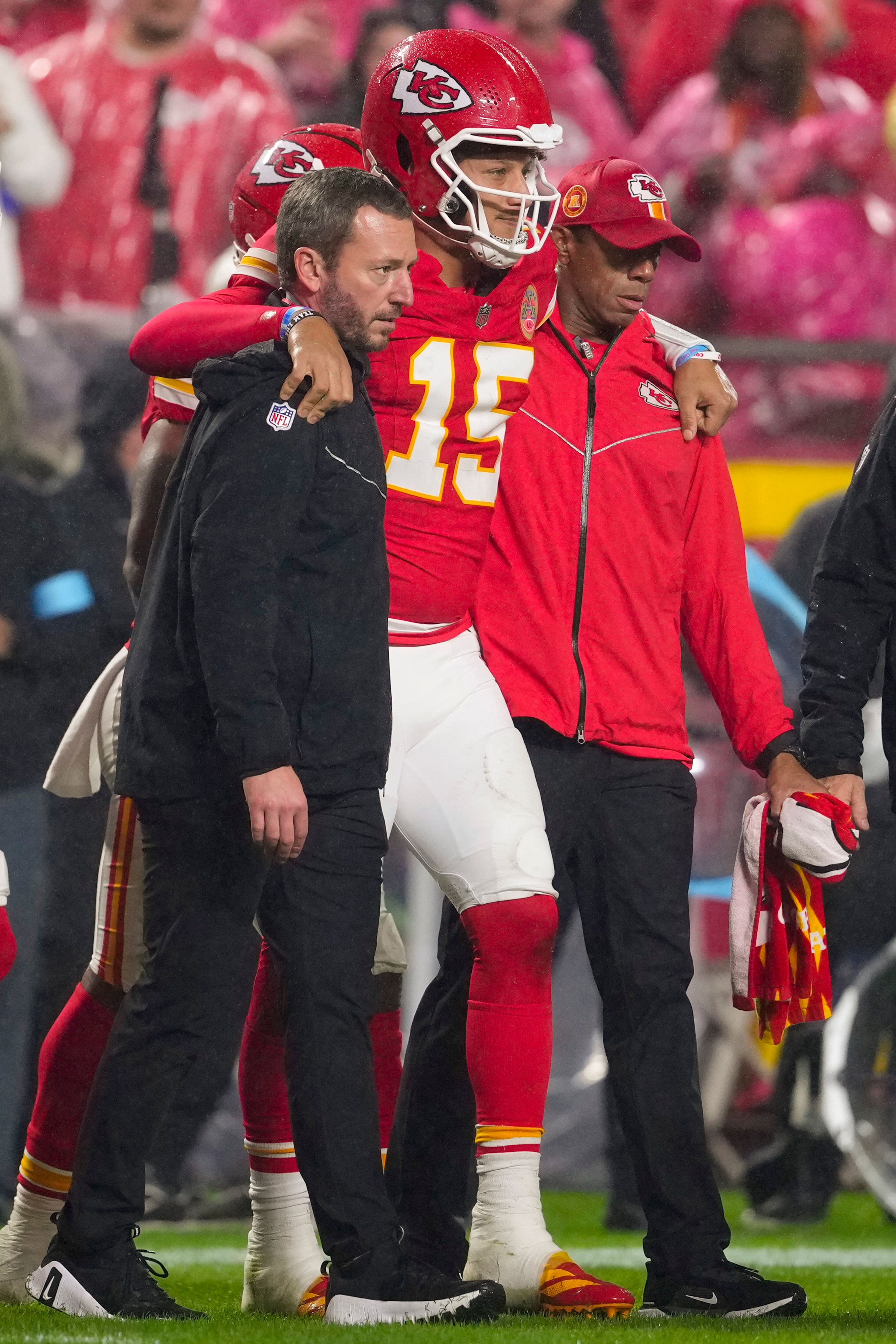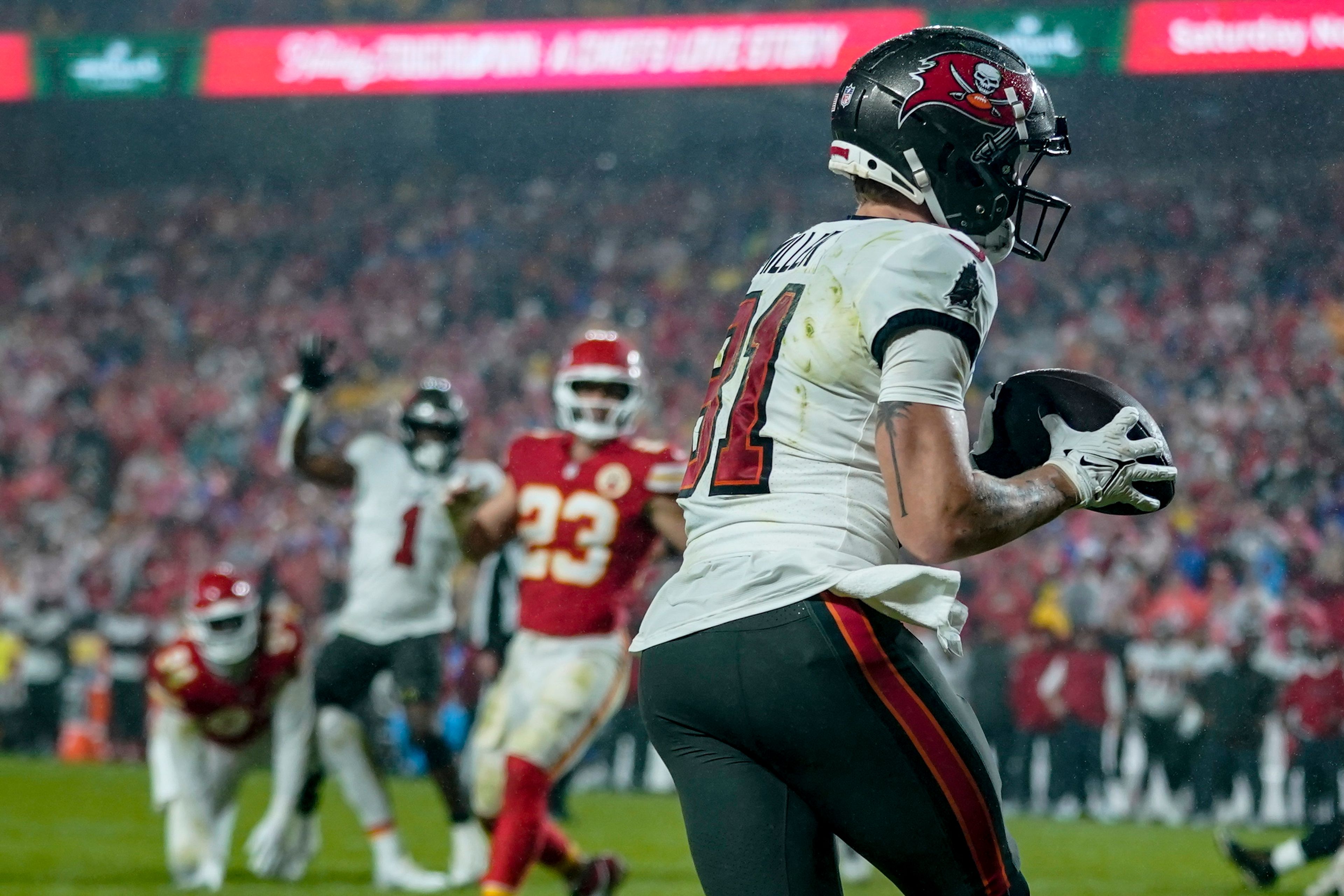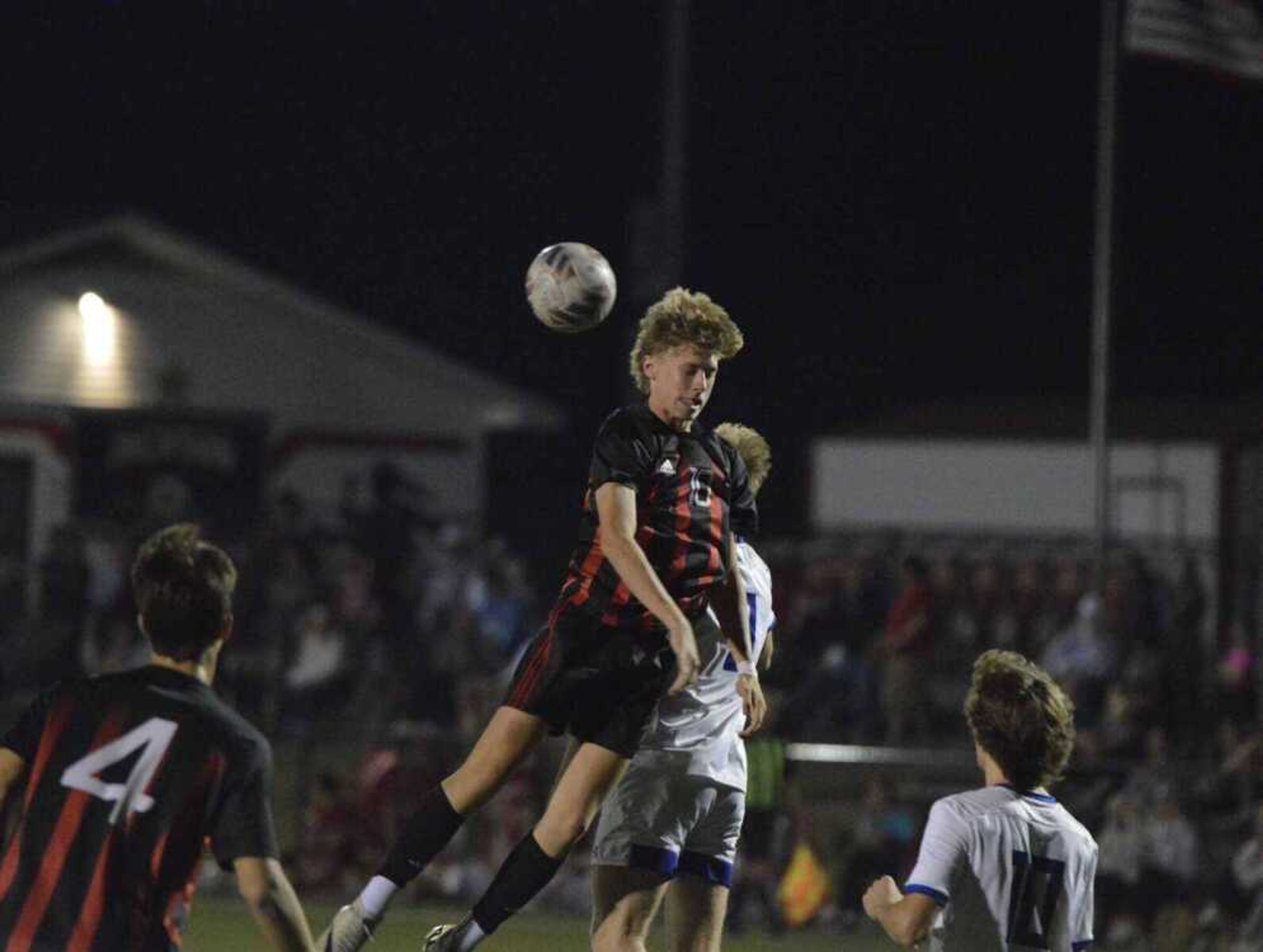Cardinals are implicated but avoid major hit
ST. LOUIS -- The Mitchell Report was notable for the St. Louis Cardinals from the standpoint of the players who were not implicated. Former home run king Mark McGwire is mentioned extensively in the 409-page report released Thursday, but mainly as a historical reference point. McGwire's reputation has been stained by his refusal to answer questions at a Congressional hearing on steroid abuse in 2005, raising suspicion that could keep him out of the Hall of Fame...
~ McGwire, Pujols not named, but other current or former Cardinals were listed in the steroids report.
ST. LOUIS -- The Mitchell Report was notable for the St. Louis Cardinals from the standpoint of the players who were not implicated.
Former home run king Mark McGwire is mentioned extensively in the 409-page report released Thursday, but mainly as a historical reference point. McGwire's reputation has been stained by his refusal to answer questions at a Congressional hearing on steroid abuse in 2005, raising suspicion that could keep him out of the Hall of Fame.
But McGwire's name did not appear on any of three lists of implicated players in the report, one for steroids either by alleged use or possession, another for alleged Internet purchases of performance-enhancing substances, and a third for clients of BALCO, a West Coast company tied to performance-enhancing drugs.
In the hours before the report was released, Albert Pujols was widely rumored to have been one of the players on the list or lists. But his name does not appear in the report.
"We did not know it was inaccurate, but I didn't think it was true," team president Mark Lamping said. "I'm glad I was right. At the time I thought how unfair it was."
Cardinals reliever Ryan Franklin, who served a 10-game suspension for violating the drug policy in 2005 when he was with the Seattle Mariners, is among a handful of current or former Cardinals on the steroid list. Catcher Gary Bennett, who played for the Cardinals the last two seasons but was not offered a contract for next year, also is on that list along with former Cardinals Larry Bigbie, Cody McKay, Kent Mercker, Jason Christiansen and Fernando Vina.
Outfielder Rick Ankiel and former Cardinals infielder David Bell are among those cited for alleged Internet purchases of performance enhancing substances.
"We are very relieved none of the key members of our club were named," general manager John Mozeliak said. "From that regard, it is a sigh of relief."
Mozeliak said the team was not aware of Bennett's involvement with HGH until Thursday morning.
"With the exception of Franklin and Ankiel, it was all a surprise," Mozeliak said. "I haven't dug through this report in great deal, but I was definitely surprised."
Lamping said four of the players were on the list for actions taken prior to joining the team. Bigbie and Vina had injury-shortened years in their final season with the Cardinals.
"We wish there were no Cardinals, former or current, named in Senator Mitchell's report," Lamping said. "In fact, we wish there hadn't been a need for the investigation."
McGwire hit 583 career homers and broke Roger Maris' 37-year-old record in 1998 when he belted 70 after a summer-long duel with the Cubs' Sammy Sosa. But in his first year of Hall of Fame eligibility, he received only 23.5 percent of the vote -- far short of the 75 percent required for induction.
The Cardinals have erected statues of numerous former star players, all of them in the Hall of Fame. Lamping said a McGwire statue is on hold not because of his connection to the steroid era, but because he has not been inducted.
"Mark still provided some great memories for fans," Lamping said. "It occurred during an era when there were some real questions about players.
"His legacy will be determined by the fans, not by the organization."
Part of the early impetus for the steroid investigation was Jose Canseco's book, "Juiced," published in 2005 and implicating McGwire and others. Canseco and McGwire were teammates with the Oakland Athletics under manager Tony La Russa.
Dave McKay, a longtime coach for La Russa in Oakland and now St. Louis, says in the report that at one time he estimated 30 percent of major league players used steroids. McKay is Cody McKay's father.
Ankiel's purchase of eight shipments of injectable human growth hormone between January and December 2004 was reported by the New York Daily News earlier this year. The report says Ankiel first admitted using the drug to aid in his recovery from elbow surgery, but then later invoked medical privacy laws to decline further comment. Ankiel said in September that officials connected with the investigation basically cleared him.
The report says former pitcher Denny Neagle referred Bennett to New York Mets clubhouse attendant Kirk Radomski, mentioned as a significant source of illegal performance-enhancing drugs until 2005.
The report cites Radomski recalling one transaction with Bennett in July 2003 for two kits of human growth hormone. Bennett's name, with an address and telephone number, is listed in the address book seized from Radomski's residence by federal agents, according to the report. Radomski had a check for $3,200 from Bennett dated July 13, 2003.
Connect with the Southeast Missourian Newsroom:
For corrections to this story or other insights for the editor, click here. To submit a letter to the editor, click here. To learn about the Southeast Missourian’s AI Policy, click here.
